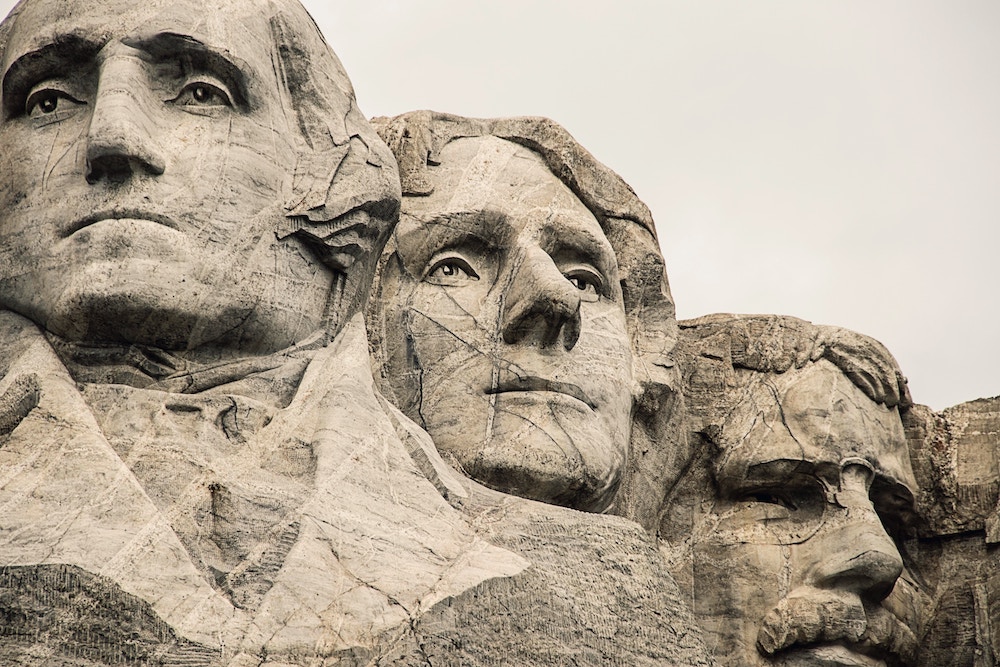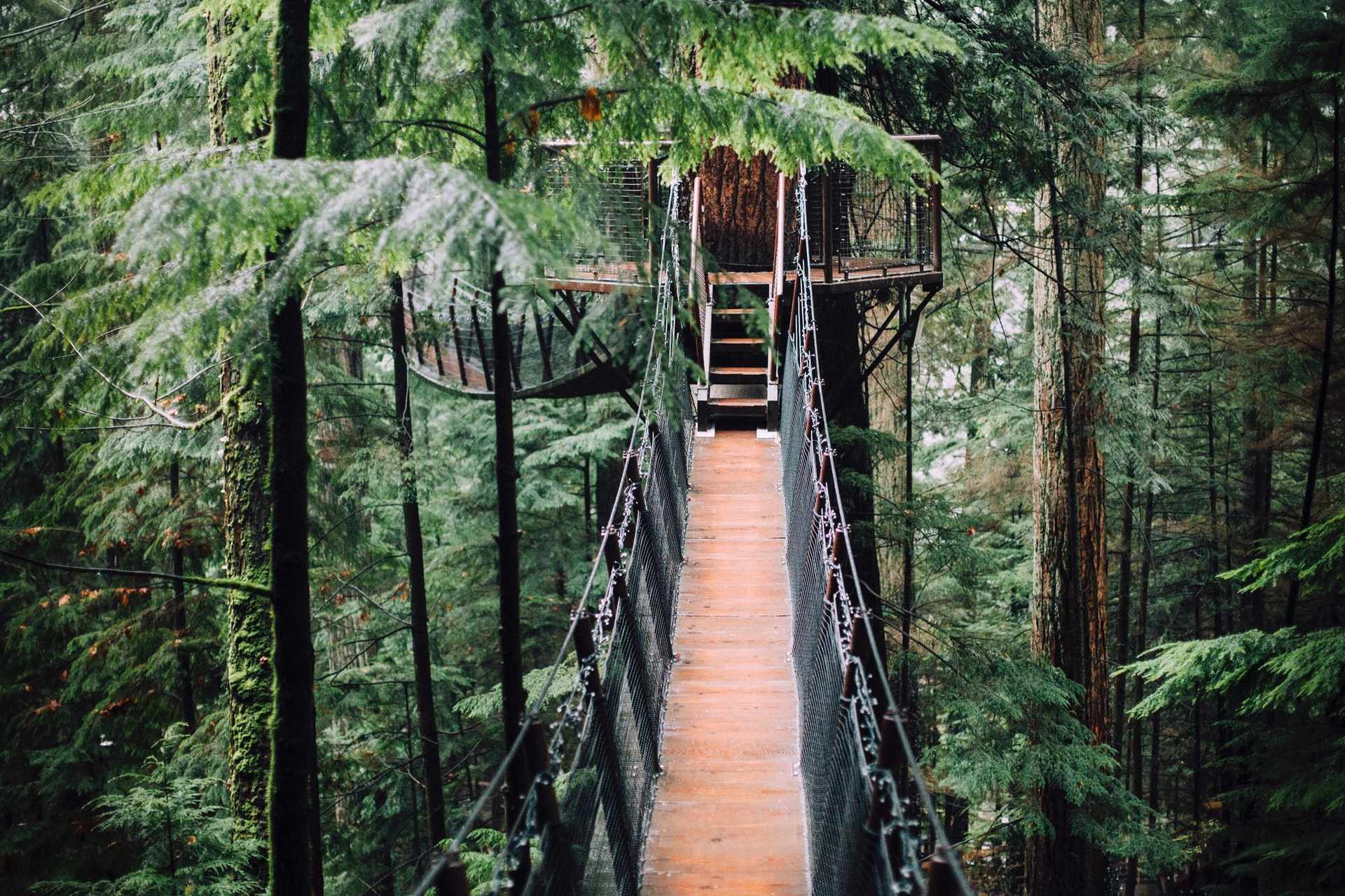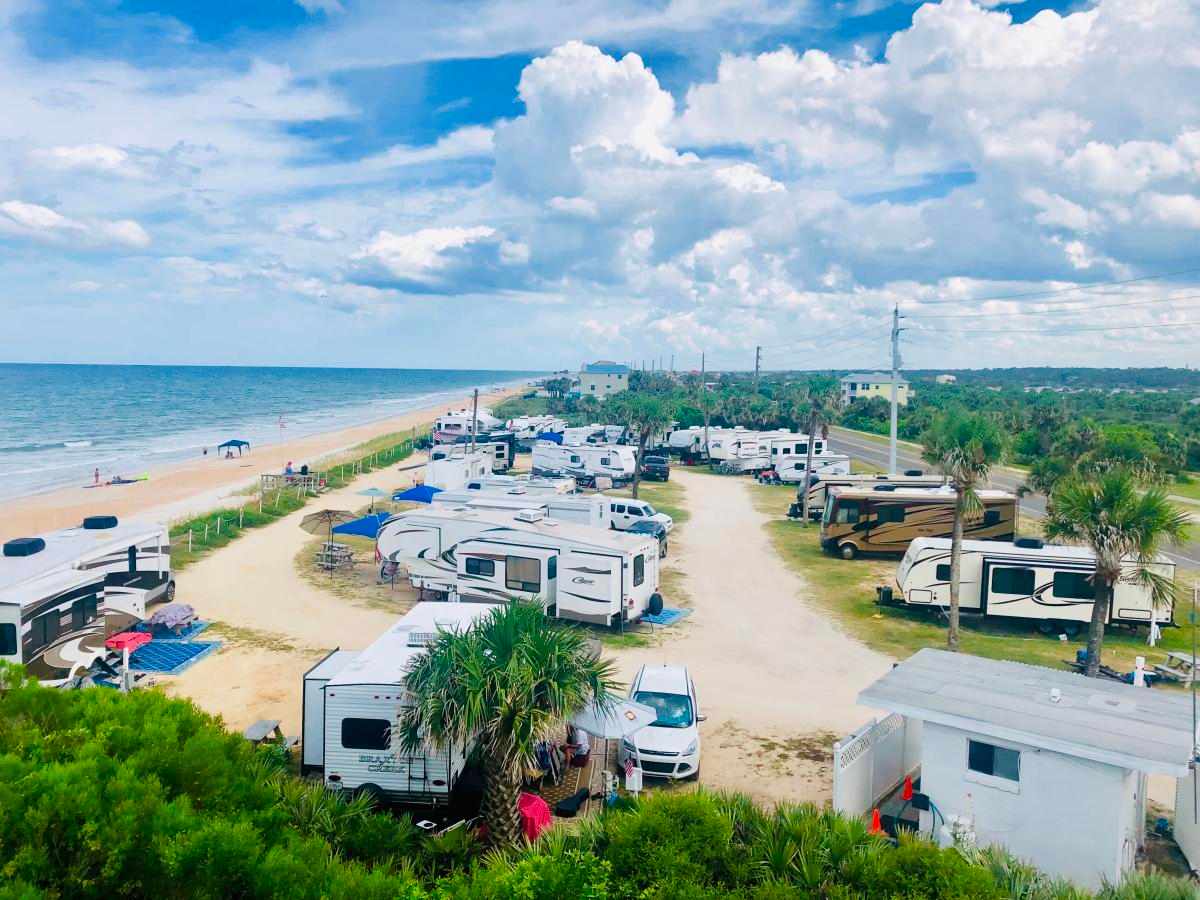Right now, there is probably someone in your favorite National Park leaving their trash in the parking lot. There is probably a group of kids building an unsafe bonfire outside of a designated pit or driving off-road through a delicate meadow. There is probably someone using a bush as their bathroom, right next to your favorite viewing area.
All of this is happening because there is no one there to tell them not to. As it would seem, without regulation or enforcement of rules, most people are comfortable behaving in a very bad and destructive manner.
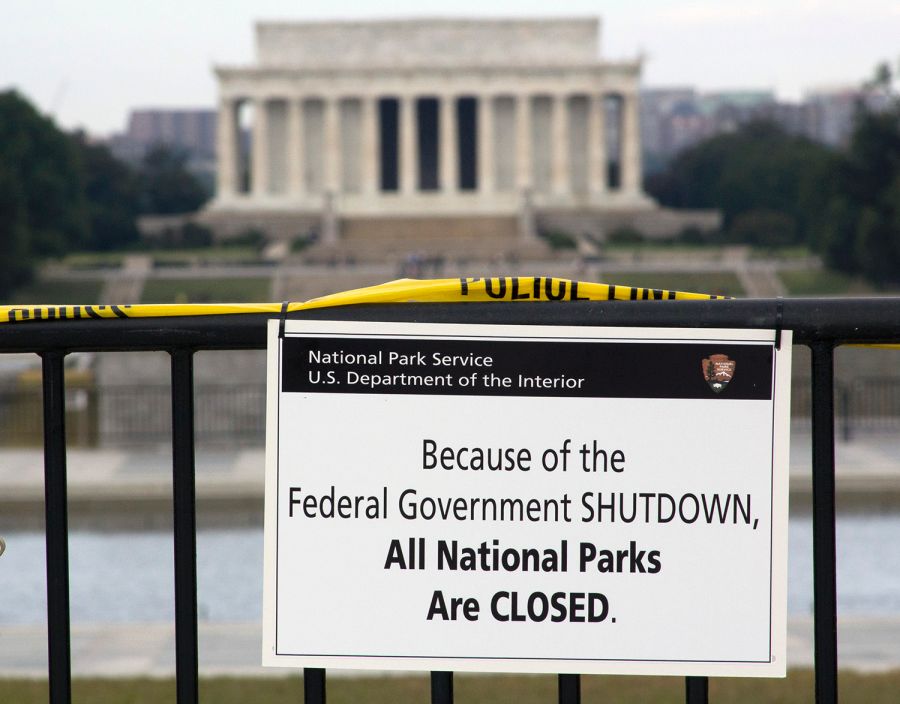
The National Park Service is just one of the numerous government agencies forced to furlough a majority of their workforce due to the current government shutdown. This shutdown may be unique in that it happens at a crossroads when our National Parks have an increased appeal and when many people are on holiday vacation.
While “managing” and “regulating” a National Park with all of its natural beauty and wild lands may seem oxymoronic, it is moments when the regulation falls away that we are readily reminded of the precise reasons forefathers developed the National Park System and the management of public lands in the first place.
It started with the likes of George Caitlin, Henry David Thoreau, and James Fenimore Cooper who looked at the Great American West and determined it was something that needed saving. In the early 1800s the American “frontier” was withering away, and the idea of “wilderness” existed as something to be explored and conquered. To protect the wilderness, these stewards made a point to set aside large swaths of land as public domain—something which could not be bought, sold or exploited for private gain.
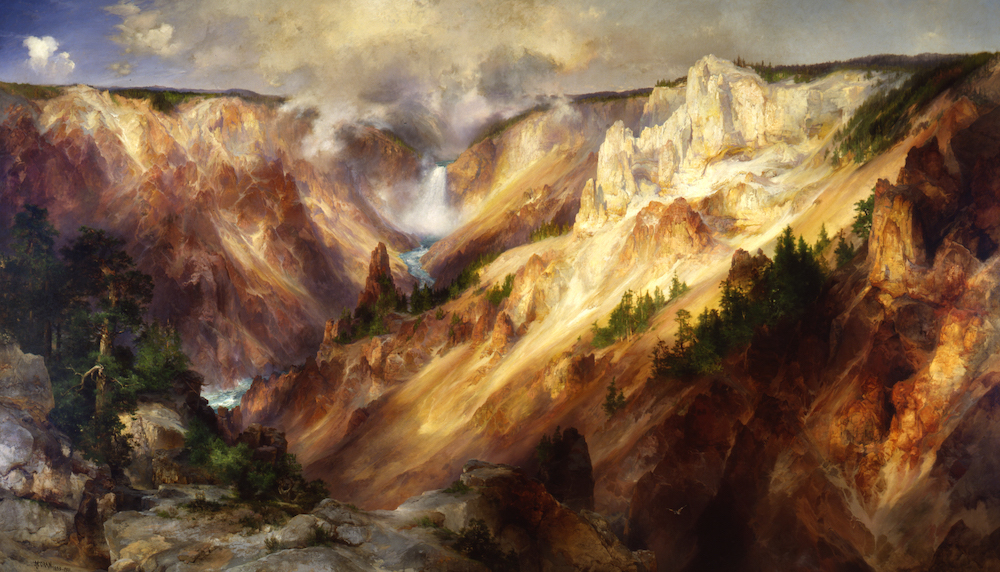
The first parks were independently managed—Yellowstone, Mackinac, Devils Tower. The grand features of these places were quickly protected under the Antiquities Act of 1906. In 1916, President Woodrow Wilson signed into law the National Parks Service Organic Act, officially establishing the National Park Service that we know of today. Now hundreds of parks, monuments, and historical sites throughout our country are managed by NPS with the express purpose of “conserving the scenery and the natural and historic objects and the wildlife therein and to provide for the enjoyment of the same in such manner and by such means as will leave them unimpaired for the enjoyment of future generations.”
All of this, mind you, was created by rough riders and vagabond explorers in America’s early years because they wanted to ensure something remained for a future population who wouldn’t quite understand the idea of “packing it out.”
The mismanagement of our parks by the general public could be a consequence of political design. To receive the funding to best manage the parks, people need to visit. As parks receive more visitors, more funding is required to ensure the parks are protected from those who commonly visit them.
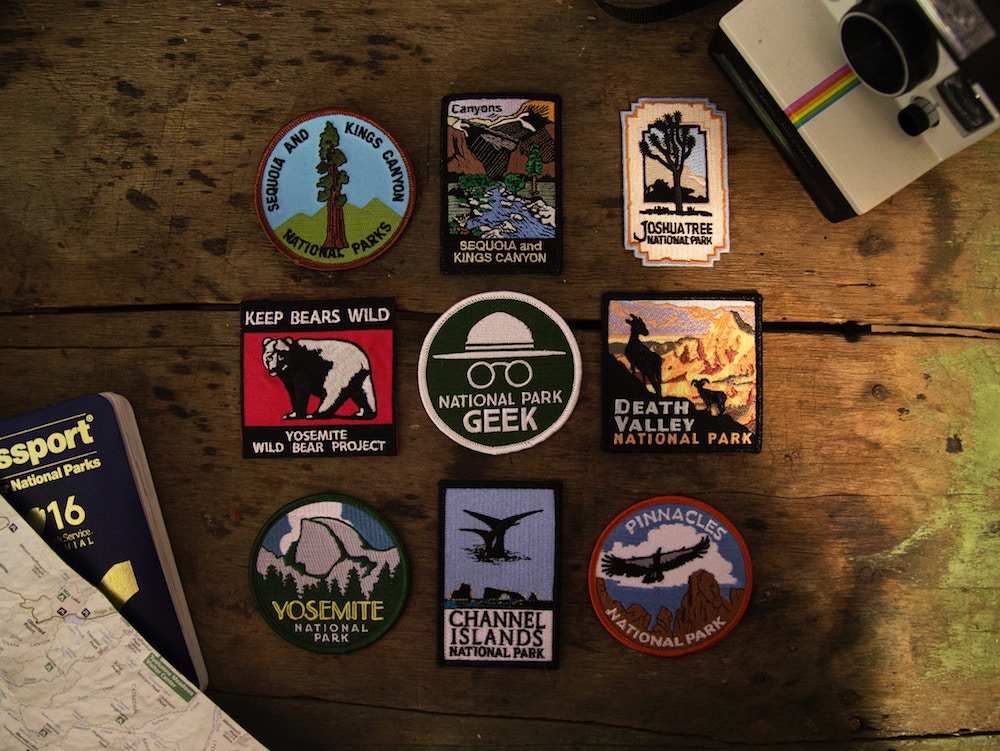 During the shutdown, there are some kind-hearted souls from organized non-profits who have tried to fill in where the furloughed workers cannot. Taking out truckloads of trash, attempting to furnish toilet paper, and reminding folks of the limited services due to the shutdown. While noble, the volunteers lack the uniforms and authority to enforce codes of conduct with some visitors properly.
During the shutdown, there are some kind-hearted souls from organized non-profits who have tried to fill in where the furloughed workers cannot. Taking out truckloads of trash, attempting to furnish toilet paper, and reminding folks of the limited services due to the shutdown. While noble, the volunteers lack the uniforms and authority to enforce codes of conduct with some visitors properly.
Also many of these volunteers lack proper inoculations which sanitation workers receive. Suffice to say, human waste is a nasty affair.
In all, it is a bleak affair. The damage is done, so we can only do what most bleak affairs present: learn from them.
The principles of Leave No Trace only work if we all leave no trace. If one person thinks the impact they leave doesn’t matter, then another person will feel the same. So on and so forth, until every trace is left behind.
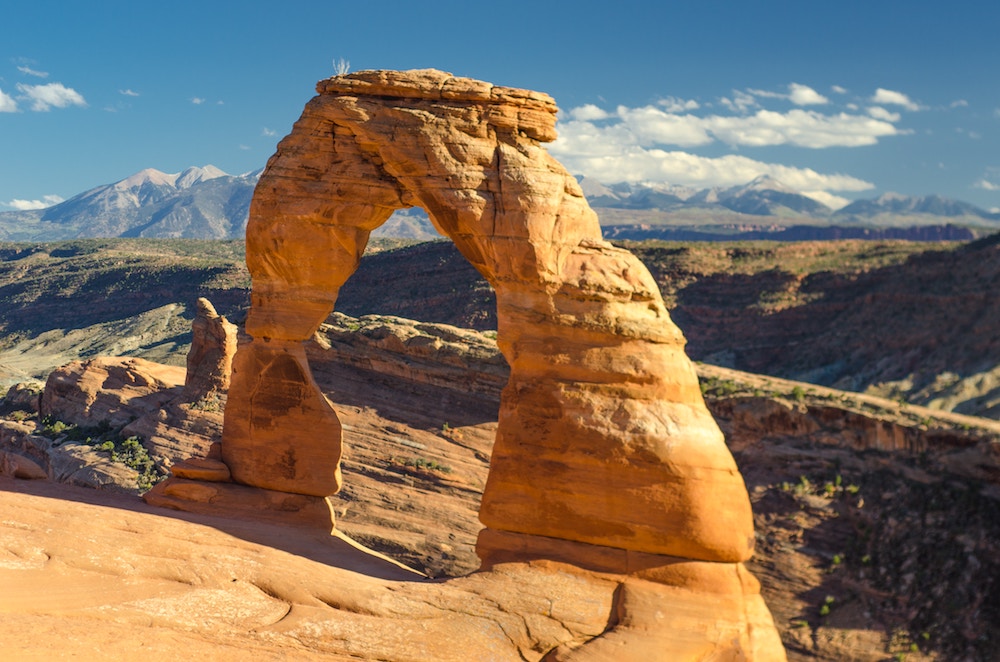 Education is vital, and there is a lot to learn. When talking with others about why public spaces are so important or approaching those who are treating areas unkindly, go beyond the how and into the why. Building an understanding of natural ecosystems, impact, and conservation in others will go significantly further than any rallying or scolding ever will. Recognize the love you have for a specific park or outdoor space and consider ways to help others find the same passion for that place.
Education is vital, and there is a lot to learn. When talking with others about why public spaces are so important or approaching those who are treating areas unkindly, go beyond the how and into the why. Building an understanding of natural ecosystems, impact, and conservation in others will go significantly further than any rallying or scolding ever will. Recognize the love you have for a specific park or outdoor space and consider ways to help others find the same passion for that place.
For now, we hold our breath and cross our fingers that the shutdown ends soon. Either the paid stewards of these parks can return to work and revert the damage, or they’ll have to continue to rely on the goodwill of humanity at large to clean up their act.
Whatever the case, our work is cut out for us.
